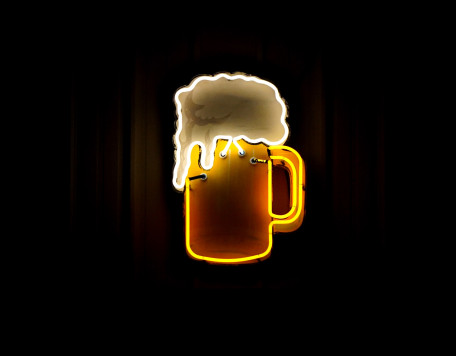© Pint of Science, 2025. Alle Rechte vorbehalten.
How can computers help mitigate human diseases and is stress always a bad thing?
Dr. Ulrich Koellisch and Dr. Jennifer Roebber will give a talk about machine learning and its usages in pharmaceuticals development, manufacturing, and associated challenges.
Additionally, Dr. India Sawyer will go into depth with what is currently known about stress - when it's beneficial and when it crosses the border to mental health disorders.
Come join us if you want to know more about mental and physical health!
Dr. Ulrich Koellisch and Dr. Jennifer Roebber will give a talk about machine learning and its usages in pharmaceuticals development, manufacturing, and associated challenges.
Additionally, Dr. India Sawyer will go into depth with what is currently known about stress - when it's beneficial and when it crosses the border to mental health disorders.
Come join us if you want to know more about mental and physical health!
Stress: the good, the bad, and the ugly
Dr. India Sawyer
(Postdoc at Leibniz-Institut für Resilienzforschung)
We all live stressful lives. Demanding careers, screaming children, tricky relationships, climate anxiety, global conflicts, and more... When you feel stressed, the physiological stress response in your body is activated. Neurons in your brain fire rapidly, releasing a cascade of signalling molecules to activate your flight or flight response, before another set of signals will tell your body to relax and recover. What doesn’t kill you makes you stronger, right? But what if that feeling of stress persists? Come and learn more about stress – the good, the bad, and the ugly! And how the ability to control and limit your stress exposure might keep you healthier for longer.
Machine learning in the pharmaceutical industry: Challenges and Promises
Dr. Jennifer Roebber
(Consultant bei Gxp-CC GmbH )
Dr. Ulrich Köllisch
(Consultant bei Gxp-CC GmbH )
With the rise of AI around the world, there is a growing interest in using machine learning techniques in the pharmaceutical industry, but there are also a host of unique challenges and questions to ask. Can machine learning replace visual inspections and discern if vials are contaminated or broken? Can it develop new ideas for drug discovery or track side-effects in existing drugs in the market? Where does trustworthy data come from to make the model? How should these new techniques be regulated by governments? Where would you draw the line?
© die Mitwirkenden OpenStreetMap
Weitere Veranstaltungen in Salon 3SEIN
2025-05-21
Genetic Truths Through Time
Salon 3SEIN
Große Bleiche 60-62 55116, Mainz, Deutschland

